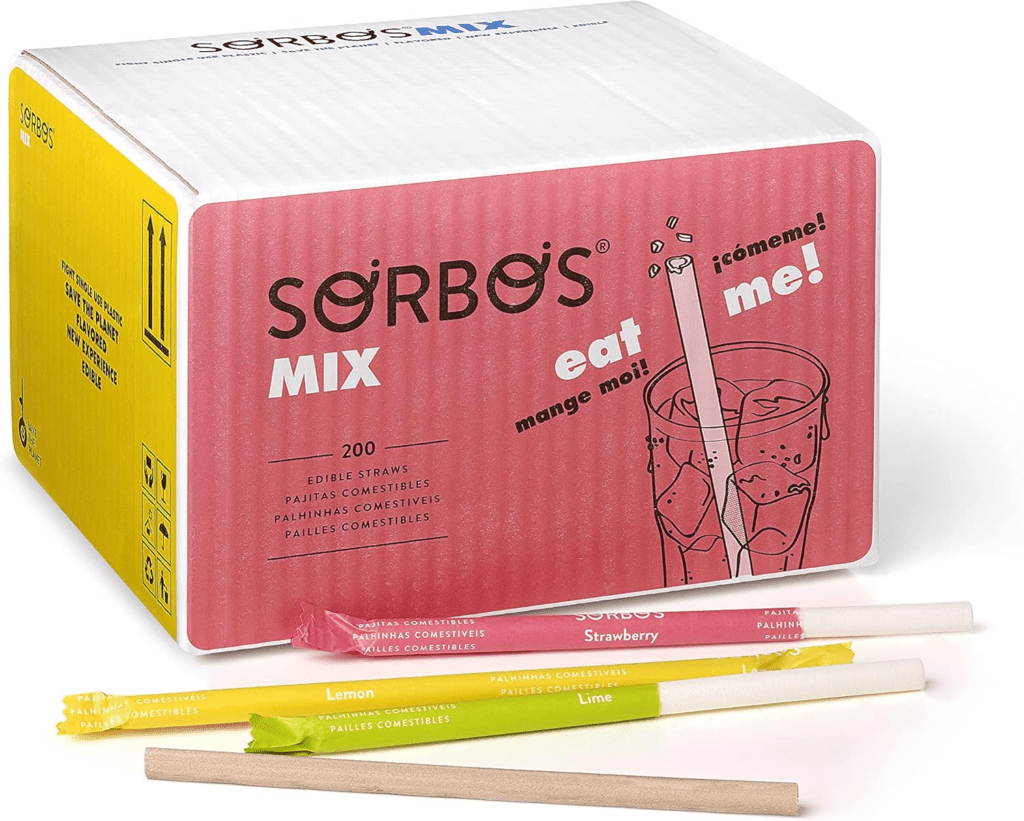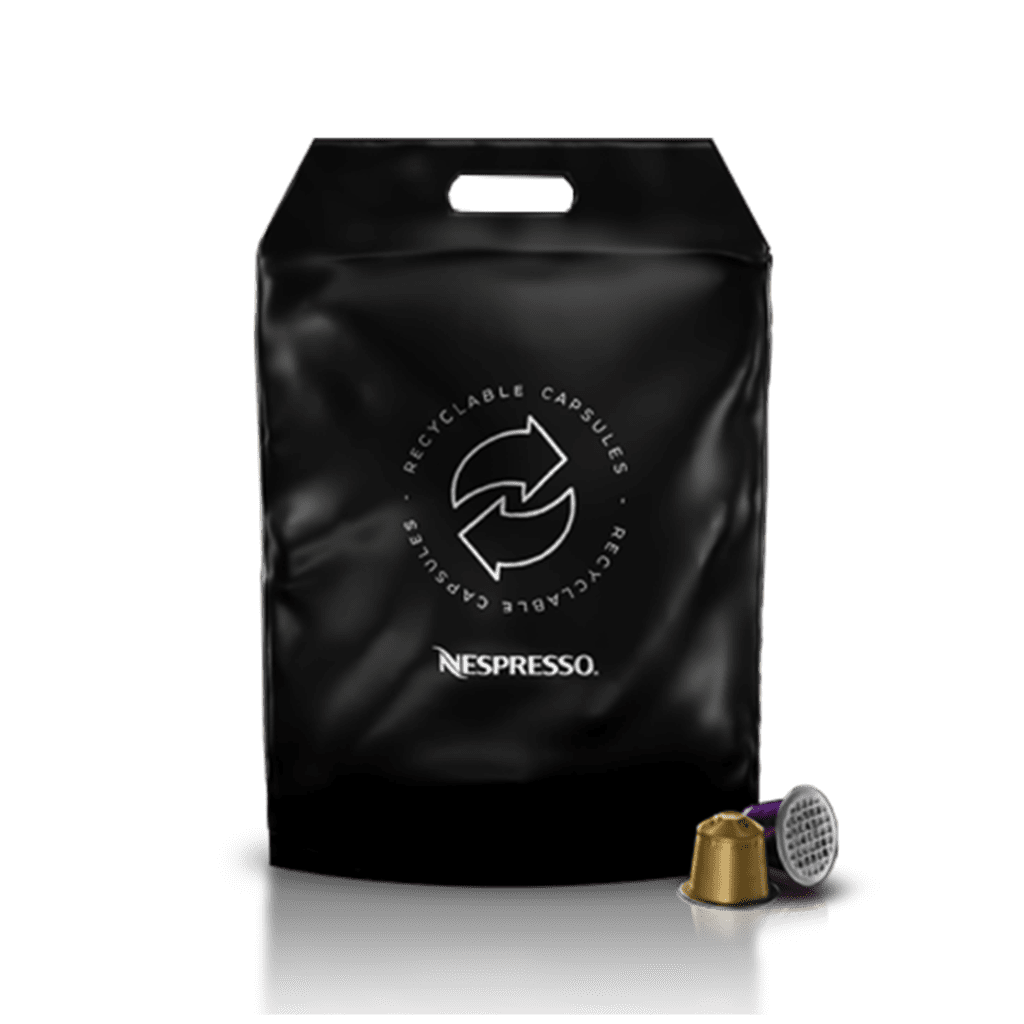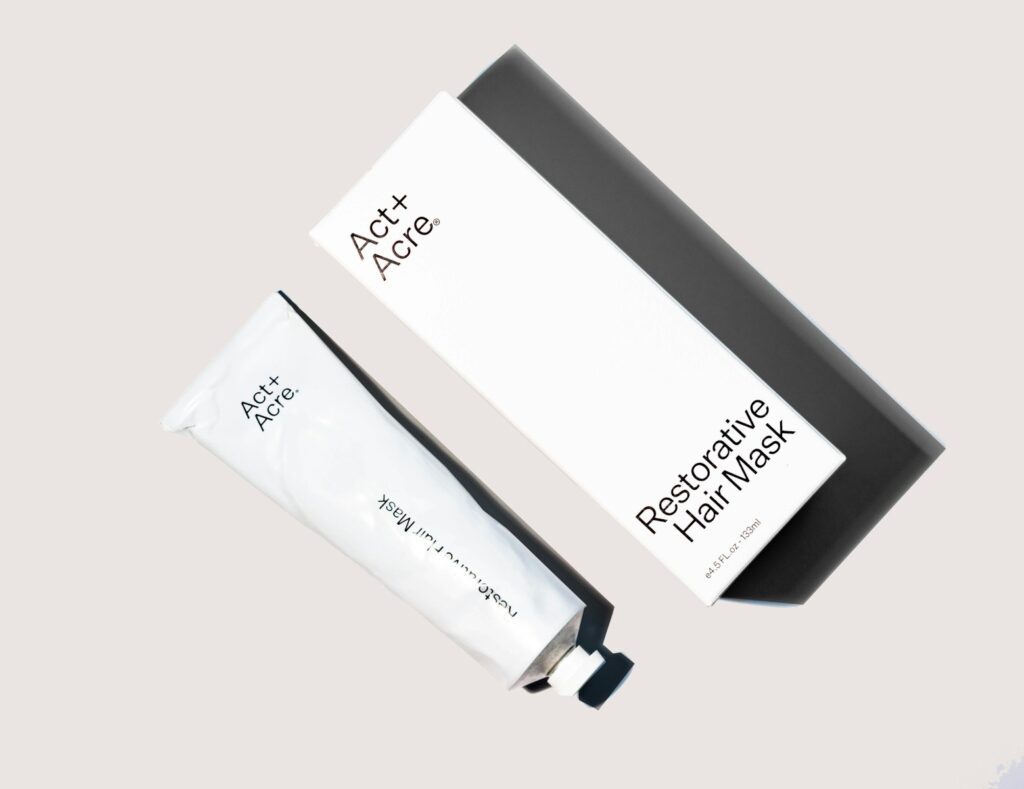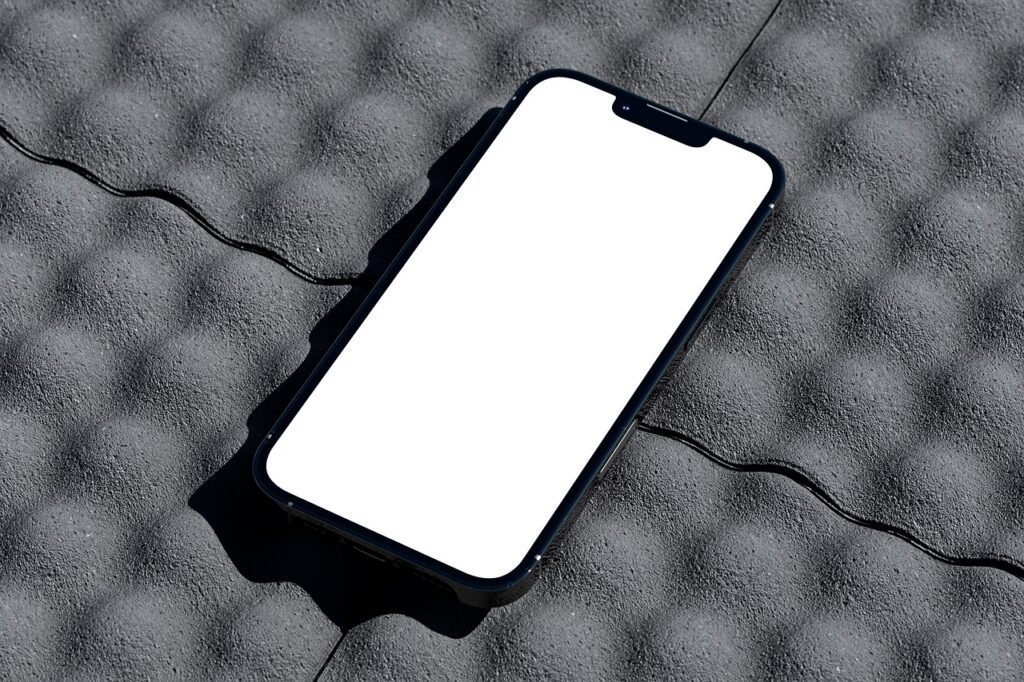In a world where consumers are increasingly aware of environmental impact, innovative packaging is becoming a strategic tool for brands. Not only must it protect the product, it must also attract attention, tell a story and adhere to ecological values. This article explores modern packaging trends and presents case studies that have made their mark on the industry through innovation or sustainability.
Modern Packaging Trends
1. Use of biodegradable materials
The trend is clear: consumers want materials that degrade naturally. Brands such as Haeckels use packaging made from mushrooms or algae, illustrating a commitment to ecology
2. Reusable packaging
The concept of reuse is gaining in popularity. Coca-Cola has introduced lighter bottles, reducing the use of plastic.
3. Edible packaging
Revolutionary edible packaging such as that from Sorbos for straws or Evoware for waffles, offer a zero-waste solution.

4. Technology and Connectivity
The integration of QR codes or NFC chips enables consumers to access additional information or enjoy an augmented experience, as with the brand Glossary which reduces over-packaging via consumer feedback.

5. Customization and Minimalism
Packaging becomes an extension of the product, with minimalist, personalized designs. Ruinart has innovated with a molded cardboard shell for its champagnes, offering a sleek, functional design.

6. Intelligent packaging
Intelligent packaging that indicates the freshness or authenticity of products is all the rage. Tetra Pak offers packaging with unique QR codes for each product, improving traceability and consumer engagement.

7. Design for the User Experience
The packaging is designed to offer a unique unboxing experience, enhanced by the use of materials such as wood or bamboo, as does Zao Make-Up.

8. Innovation in Reduction
Lightness and reduced use of materials are at the heart of our innovations, with intelligent designs that optimize space and reduce logistics costs.
9. Packaging that adapts to e-commerce
With the rise of e-commerce, packaging needs to be adapted to home delivery.
10. Sustainability and Social Responsibility
Consumers are demanding greater transparency and sustainability. Brands like Nespresso offer recycling programs for their capsules, highlighting their commitment to responsible consumption.

Case Studies
- Coca-Cola and its Lightweight Packaging Coca-Cola reduced the plastic used in its bottles by 20%, demonstrating the feasibility of lightweighting without compromising quality.

- L'Occitane and Refills : By offering refills for its products, L'Occitane reduces the carbon footprint associated with the production of new containers.

- 19 Crimes and Augmented Reality Using augmented reality, 19 Crimes lets consumers discover the story behind each bottle of wine.

Conclusion
Packaging innovation is not just about aesthetics, but a commitment to sustainability, user experience and connectivity. Brands that embrace these trends not only meet consumer expectations, but also make a positive contribution to the environment.











